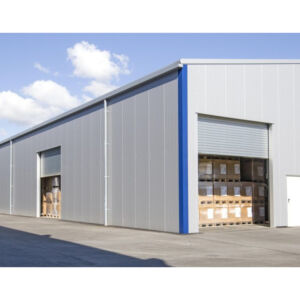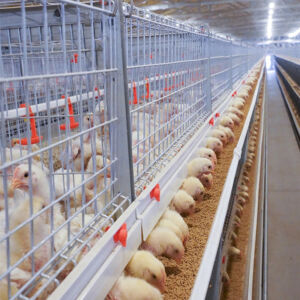Roofing nails, as an important connecting element in the construction field, play a key role in ensuring the structural safety of the house. It not only plays an important role in roof construction, but also assumes the responsibility of connecting and fixing during all stages of construction projects. Below, we’ll take a closer look at the characteristics of roofing nails and their importance in construction.
Roofing nails are usually made of high-strength materials to ensure they provide solid support when fastening roofing materials. This high-strength design allows the roof nails to withstand the influence of natural forces such as wind, rain, snow, etc., thereby maintaining the firmness and stability of the house structure.
Roofing nails can be made of galvanized steel, stainless steel, etc. to increase their resistance to corrosion, especially in humid or rainy areas. Such diversity enables roofing nails to adapt to the construction needs of different environments and ensure their long-term reliability.
Roofing nail sizes and specifications are typically based on the building design and roof structure needs. The precise size design ensures that the roof nails can be accurately fixed at the predetermined position, providing stable support and avoiding safety hazards caused by weak connection parts.
Roofing nails are designed to be relatively easy to install and can usually be accomplished with just an electric or manual nailer. This simple and fast installation process helps improve the efficiency of building construction and save labor and time costs.
Roofing nails are not only used to secure roof covering materials, they also play a key role in resisting wind and rain. Its uniform and strong fixation method can effectively prevent damage to the roof structure caused by extreme weather, providing the house with strong resistance to natural forces.
During the production and sales process, roofing nails usually undergo quality testing and certification to ensure that they comply with relevant standards and specifications of the construction industry. This certification provides architects and builders with confidence in choosing roofing nails, ensuring the reliability and durability of the connection.
As an important component connecting the roof structure, roof nails provide a solid guarantee for the house structure through its high-strength design, material selection to adapt to different environments, precise size and specifications, and easy installation. In construction projects, the application of roof nails is not only a technical choice, but also a responsible expression of the structural safety of the house.







